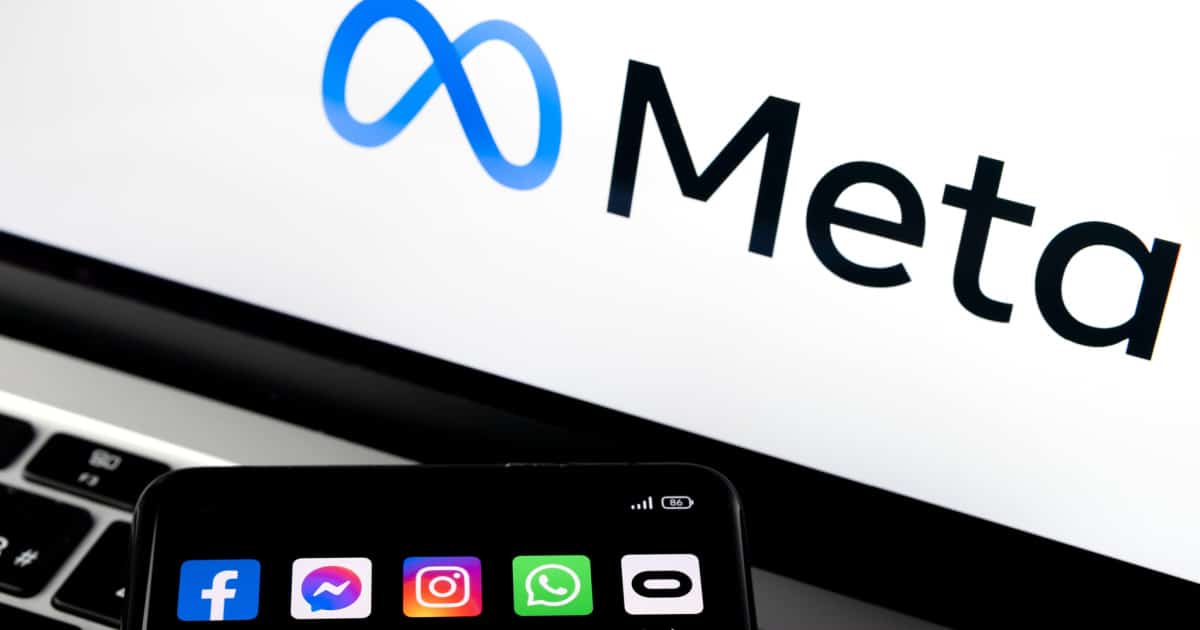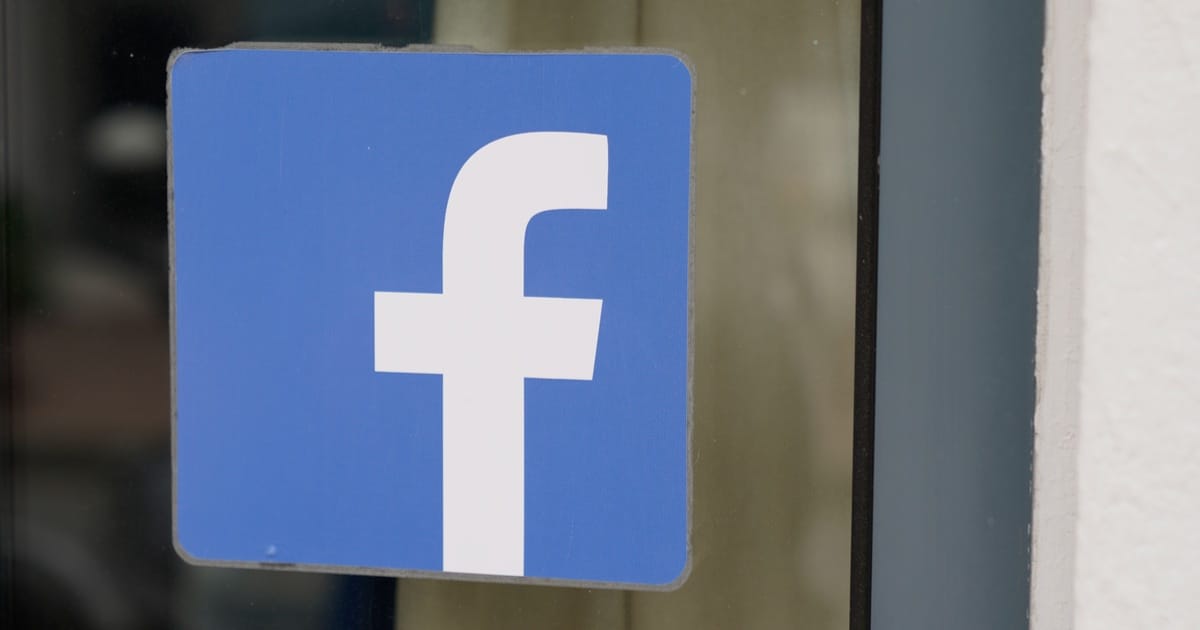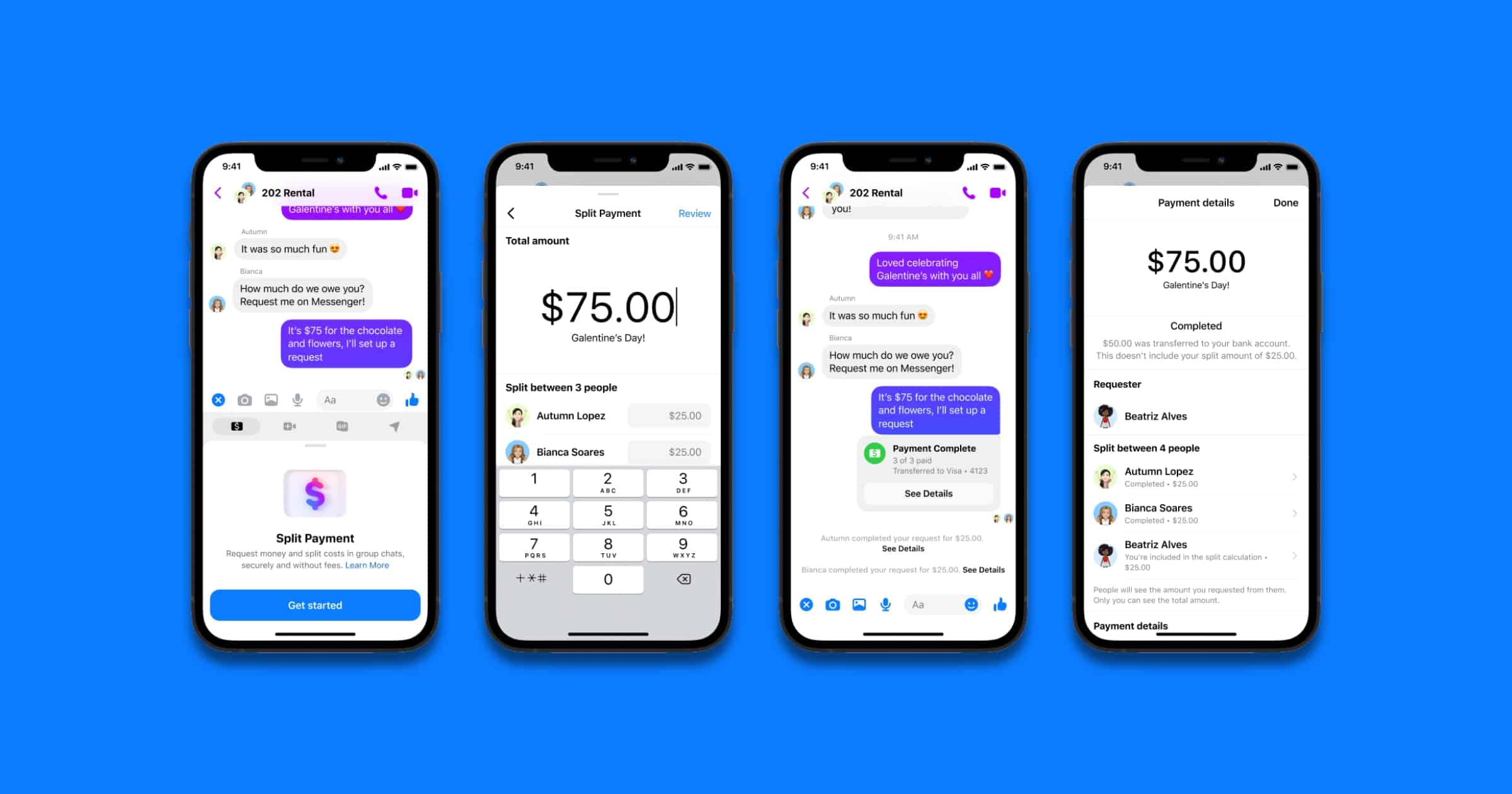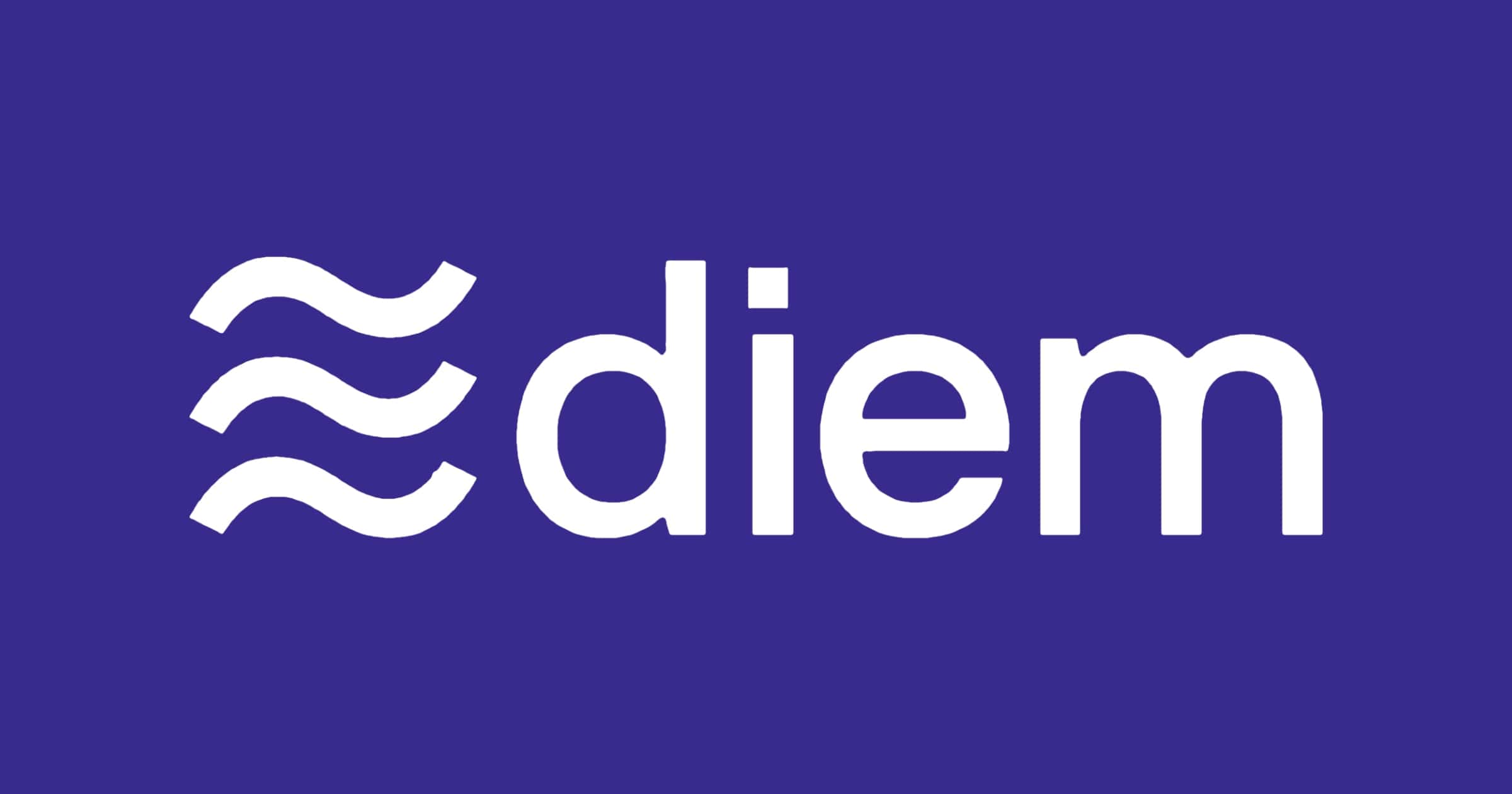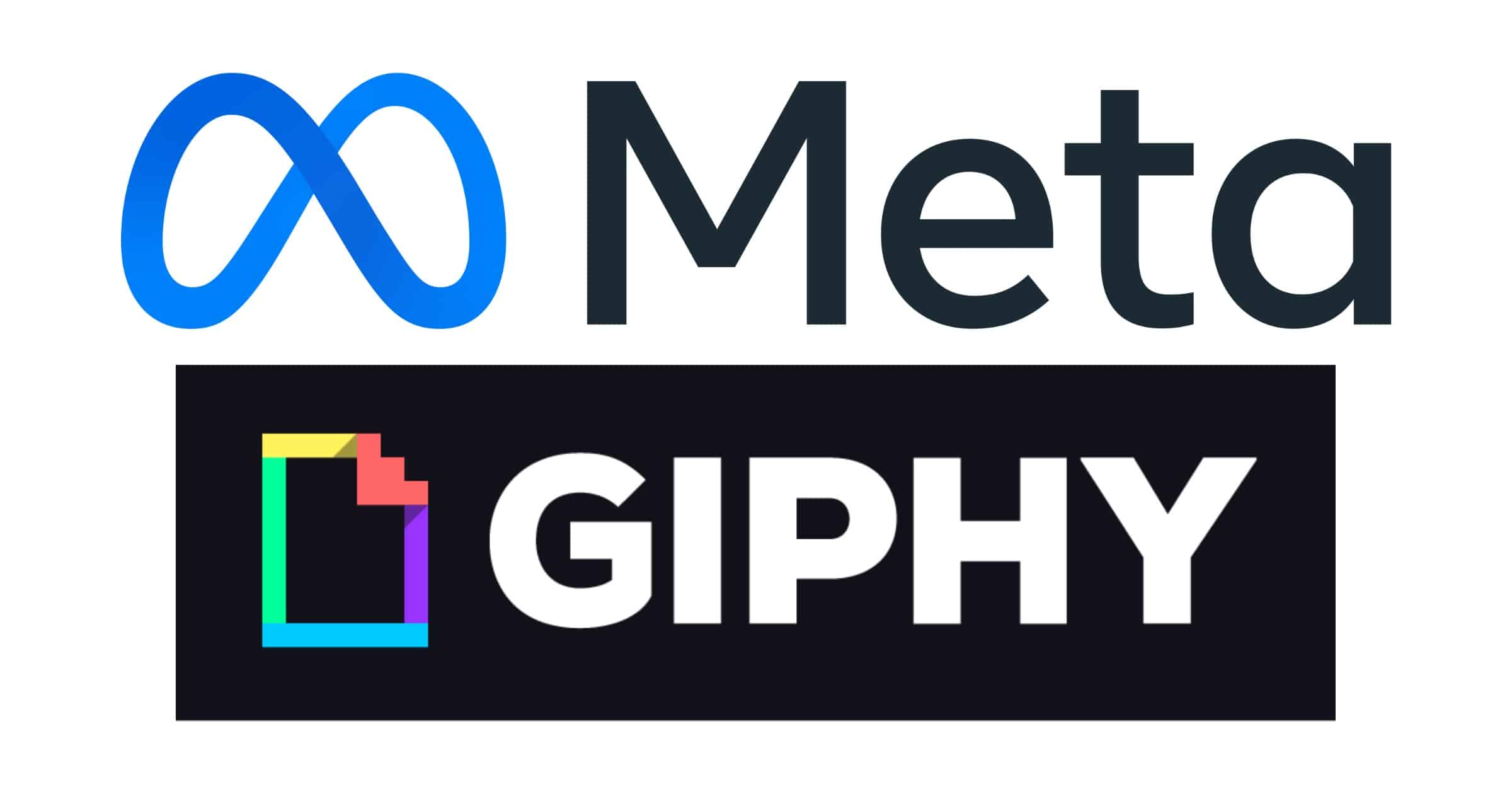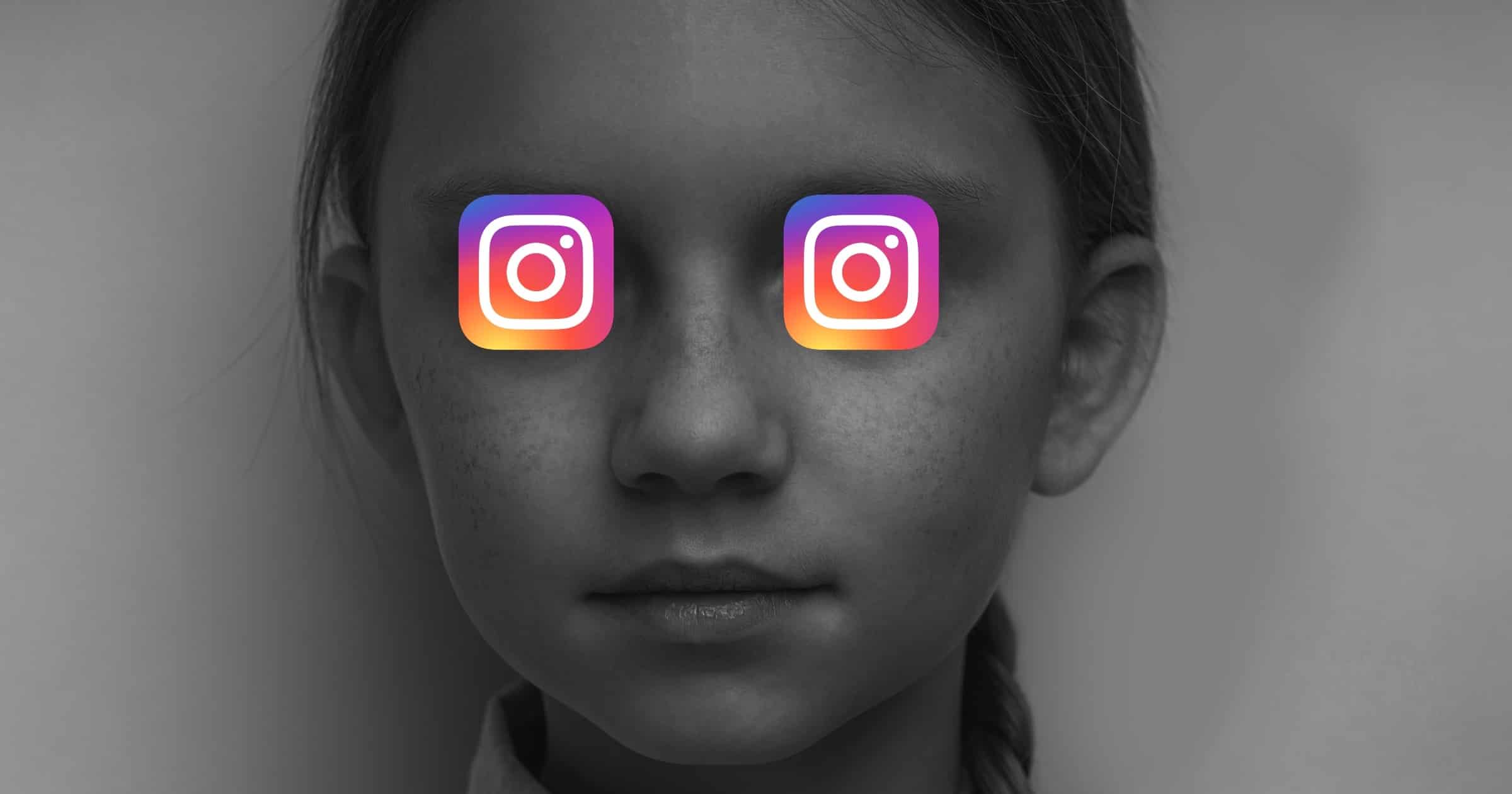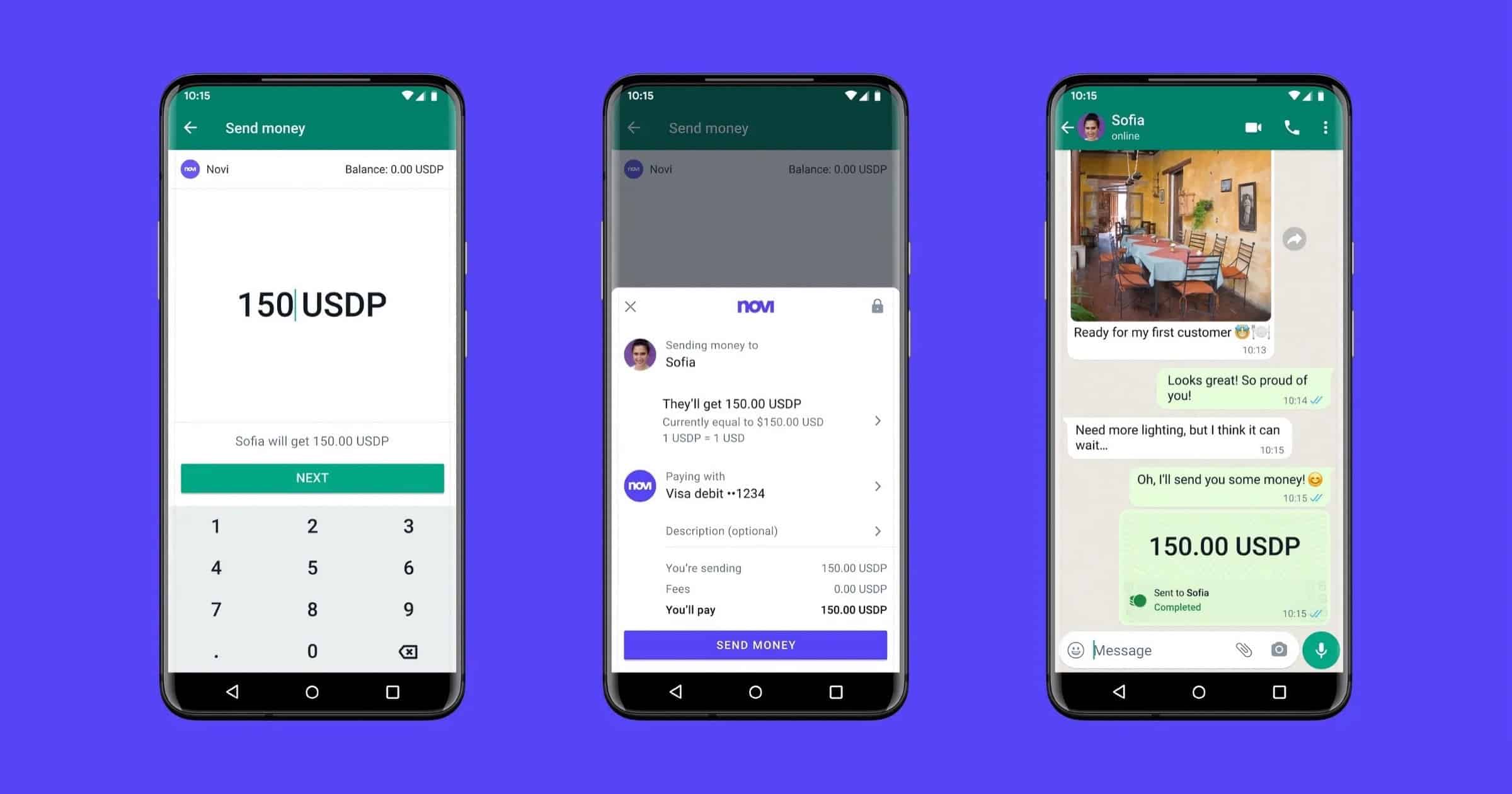Facebook has a plan to help fight CSAM and revenge porn. TMO writer Nick deCourville joins Ken with more info. Plus – The European Commission drops its objection to Apple’s In-App Purchase requirements, but has a message on messaging.
Apple Thinks Mastodon Has Legs - TMO Daily Observations 2023-02-20
TMO Managing Editor Jeff Butts joins Ken to discuss stories that may speak to sentiment around Apple, and social media’s plans to nickel and dime users for security. Plus — A vote of confidence for Mastodon from Apple.
Facebook and Spotify CEOs Lash Out Over Apple's App Store Policies
Facebook and Spotify CEOs slammed Apple’s App Store policies, saying it’s not a good place to be and Apple seemingly gives only the illusion of control.
Meta Warns Users of Third-Party Apps Stealing Facebook Login Credentials
Reports indicate that Meta is warning users of third-party apps on Google and Apple’s app stores looking to steal Facebook login credentials.
Facebook Parent Meta Hopes to Settle Privacy Lawsuit for $37.5M
Facebook parent company Meta seeks to settle a privacy lawsuit for tracking user locations against their wishes for $37.5 million.
Apple Removes App That Could Hijack Facebook Ad Accounts
An iOS app would hijack Facebook Ad accounts. It locked several advertisers out and ran scam advertisements. It’s now gone from the App Store.
Report Finds that Facebook Receives Sensitive Patient Information from Hospital Websites
A report from “The Markup” indicates that Facebook uses “Meta Pixel” trackers to receive patient information from hospital websites.
Facebook to Discontinue Location-Based Features Like Nearby Friends
Facebook Nearby Friends and several other location-based services will go away after May 31, the social network says.
Facebook Places Freeze on New Hires, Blames Apple's App Tracking Transparency
Facebook has told staff that the company is putting a temporary halt on hiring, citing loss of revenue due to Apple’s App Tracking.
Facebook Unable To Account For Personal User Data: The Larger Problem Of Big Tech
Recent reports indicate that Facebook has little idea concerning how to handle personal user data. The report comes from a privacy engineer.
Meta Says Facebook Removed Over 400 Accounts Ahead of Philippines Election
Meta announced the removal of over 400 accounts and pages for misinformation ahead of the Philippines election. The election is set for May 9.
Facebook News Feed Becomes "Feed"
Facebook announced that, over 15 years since it launched, the News Feed feature will simply be known as “Feed”.
Texas Sues Meta Over Facebook Facial Recognition
Texas Attorney General Ken Paxton filed a lawsuit against Meta. It seeks civil penalties due to Facebook’s facial recognition practices.
Split Payments in Messenger Rolls Out to Facebook Users
Split Payments in Messenger is rolling out to people, the company announced on Wednesday, as well as other features such as Vanish Mode.
Facebook's Failed 'Diem' Stablecoin Now Officially Over
Facebook had dreams of launching its own cryptocurrency called Diem (formerly Libra) but the company has called it quits (link to original PR piece here, commentary from The Verge below).
The sale of Diem’s assets marks the end of an effort that, in retrospect, was doomed from the start. Facebook, which now goes by Meta, created the apps that would have been the main way people used the token. So even though Facebook formed the Libra Association to govern the token with other companies, people were immediately fearful that Libra would make the controversial tech giant even more powerful. Plus, members of the Libra Association started to drop out, just months after the group had been announced.
Security Friday: Not Entirely Bad News – TMO Daily Observations 2022-01-28
Andrew Orr joins host Kelly Guimont to discuss Security Friday news and updates, including fixes and a tip for passwords on iOS.
Facebook Rolls Out End-to-End Encrypted Chats for Everyone
End-to-end encrypted chats are now available for all users of Facebook Messenger, the company announced. This includes group chats and calls.
Last year, we announced that we began testing end-to-end encryption for group chats, including voice and video calls. We’re excited to announce that this feature is available to everyone. Now you can choose to connect with your friends and family in a private and secure way.
These secure chats remain opt-in only, instead of encrypted by default like actual private messaging apps.
Mozilla 'Pixel Hunt 'Study Aims to Track Facebook Tracking You
Mozilla is launching a study called Facebook Pixel Hunt. The goal is to track Facebook tracking around the web.
According to its own privacy policy, Facebook may collect information about you across the web even if you don’t have a Facebook account. One way Facebook performs this tracking is through a network of “pixels” that may be installed on many of the sites you visit. By joining this study, you will help Rally and The Markup investigate and report on where Facebook is tracking you and what kind of information they are collecting.
Details of Meta Appeal Against GIPHY Ruling Emerge
Documents have revealed the basis of Meta’s appeal against a British regulator’s decision that it should sell GIPHY. Reuters has summed up the key points raised by Facebook’s parent company in appeal against the Competition and Markets Authority (CMA) decision.
The Competition Appeal Tribunal on Wednesday published a summary of Meta’s application, outlining its challenge on six grounds. The U.S company, which owns Instagram and WhatsApp as well as Facebook, said the CMA had failed to assess its offer to ensure Giphy could continue to provide services to competitors like Snapchat and TikTok on the same terms. The regulator’s decision was also procedurally flawed, Meta said. The CMA ordered Meta to sell Giphy, which it acquired for a reported $400 million in May 2020, in November after it decided the remedies offered by the U.S. company did not answer its concerns.
Over 24,000 People Sign Data Privacy Petition to Stop Facebook Extremism
A petition signed by over 24,000 people has been delivered to Congress from Fight for the Future, Senator Ron Wyden to encourage a federal data privacy law. The impetus? Far-right extremism on social media websites such as Facebook.
Coalition members urged lawmakers to protect against attacks like that on the Capitol last year by addressing Facebook’s data-fueled algorithmic manipulation.
When Facebook whistleblower Frances Haugen testified before Congress in October, she named algorithmic manipulation as the platform’s source of power. Algorithmic manipulation is only possible with invasive and copious personal data on individual people, harvested via mass surveillance.
Oculus VR Wins Most Popular App on Christmas Day 2021
Meta’s Oculus app topped the charts for the App Store on Christmas, likely reflecting the popularity of the VR headset as a gift. Meta doesn’t disclose how many headsets it sells, however.
Today’s VR headsets from Meta are nowhere near as powerful or capable enough to enable Zuckerberg’s ultimate vision for the metaverse. But they can give you a taste of what’s possible. On top of that, Meta now has a lot more customers, giving it a chance to gather more data about how normal folks use virtual reality and tailor experiences to those tastes. If Zuckerberg’s thesis about the metaverse is correct, then this year’s new crop of VR users will help inform Meta, and other companies working on similar technologies, to decide on what kind of experiences to make next.
Meta to Appeal UK Regulator's Order to Sell Giphy
Facebook parent company Meta is challenging a recent decision by the UK’s Competition and Markets Authority.
Instagram's Takedown of Metaverse Account Proves You Own Nothing on Web
The New York Times reports how Meta-owned Instagram blocked an @metaverse account, claiming it was impersonating someone else. The account has since been restored to its original owner, but the saga shows how you don’t truly own anything on Web 2.0.
“This account is a decade of my life and work. I didn’t want my contribution to the metaverse to be wiped from the internet,” she said. “That happens to women in tech, to women of color in tech, all the time,” added Ms. Baumann, who has Vietnamese heritage.
I disagree with that quote, however. I think Instagram would’ve taken the handle from anyone, regardless of gender or race.
WhatsApp Will Add Crypto Payments Through Meta's Novi Wallet
Meta-owned WhatsApp will allow users to send and receive cryptocurrencies by integrating the company’s Novi wallet.



